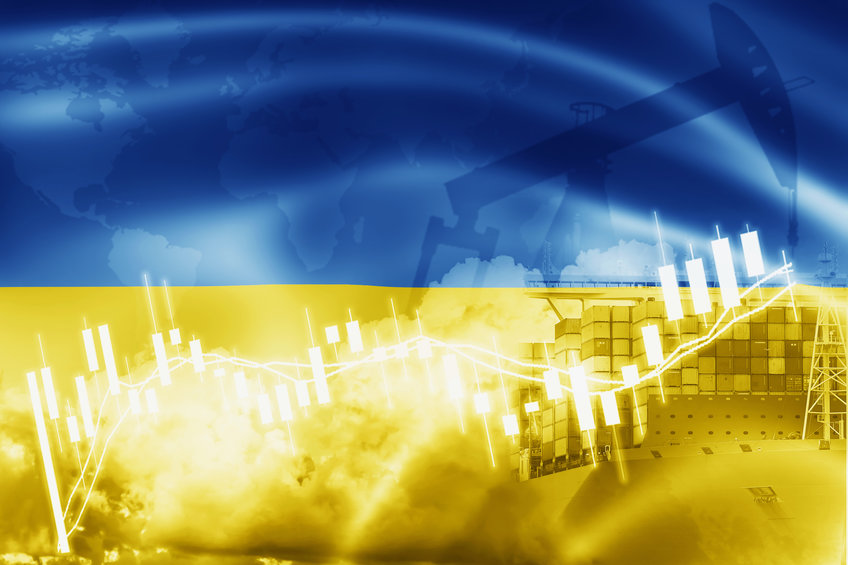Marcin Serafin
Since it was launched, economic sociology. perspectives and conversations (or, as it used to be known, economic sociology_the european electronic newsletter) has combined a focus on global topics, such as financialization, inequality, and climate change, with attention to important topics related to specific regions, such as the future of the euro, capitalism in Latin America, or economic sociology in Asia. Over the years, the local topics discussed have covered much of the globe.

